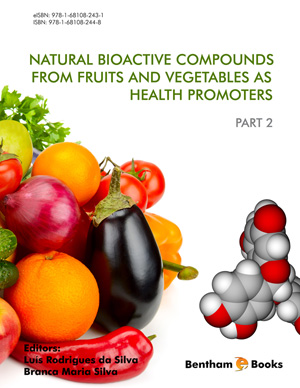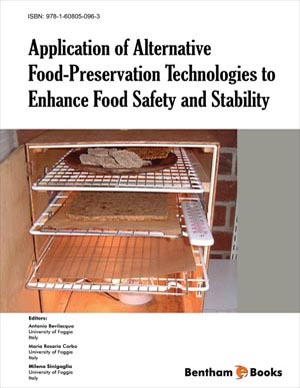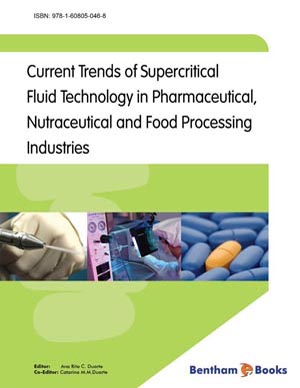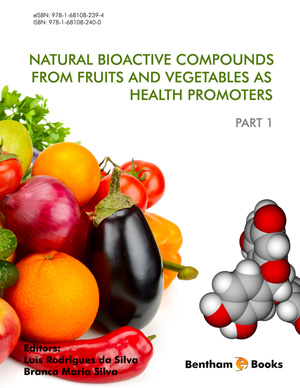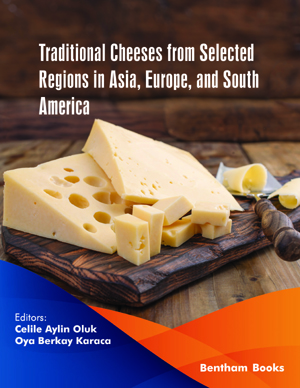Abstract
Coffee is the most consumed beverage in the world after water. In 2014 approximately 141 million tons of coffee bags were produced. In terms of international trade only crude oil has a bigger share. The world coffee trade is increasing every year showing the importance of coffee to the world economy. The composition of the two main coffee species (Arabica and Robusta) varies according to the origin, storage and terroir conditions. During the roasting process there are a number of reactions that give rise to the organoleptic properties of coffee. The main bioactive compounds in coffee are chlorogenic acids, caffeine, trigonelline, melanoidins and diterpenes. These compounds are known to have a number of beneficial health effects. Many epidemiological studies suggest that coffee consumption can lead to health benefits in several diseases such as type 2 diabetes, several types of cancers, Parkinson’s and Alzheimer’s disease. These benefits are related with coffee antioxidant, antiinflammatory, anti-mutagenic and anti-carcinogenic properties. Chlorogenic acids are known to have chemopreventive and anticarcinogenic activities and also to act as antithrombotic agents. Caffeine is the most recognized bioactive constituent of coffee and can have a number of positive effects in health, most of them associated with the antagonism of the A1 and A2 subtypes of the adenosine receptor. Its stimulatory effect is due to the synergetic interaction with adrenalin and noradrenaline. Trigonelline is connected to neuroprotective, estrogenic, hypoglycemic, anti-invasive, and antibacterial responses.
The biological activities commonly associated with melanoidins are antioxidant and metal chelating, antimicrobial, and anticarcinogenic. These compounds also have the ability to modulate colonic microflora. Research has showed that the diterpenes, cafestol and kahweol have a chemopreventive potential by enhancing defense systems against oxidative stress. It is clear from the epidemiological studies that coffee has indeed health benefits. Nevertheless some caution has to be taken into account since there are a number of issues regarding these studies, as many of them were not designed specifically for coffee. Furthermore, health problems history and individual lifestyle can introduce misleading factors.
Keywords: Alzheimer’s disease, Antioxidant, Bioactive compounds, Caffeine, Cancer, Chlorogenic acids, Coffee, Diterpenes, Health benefits, Melanoidins, Parkinson’s diseasee, Trigonelline, Type 2 diabetes.


